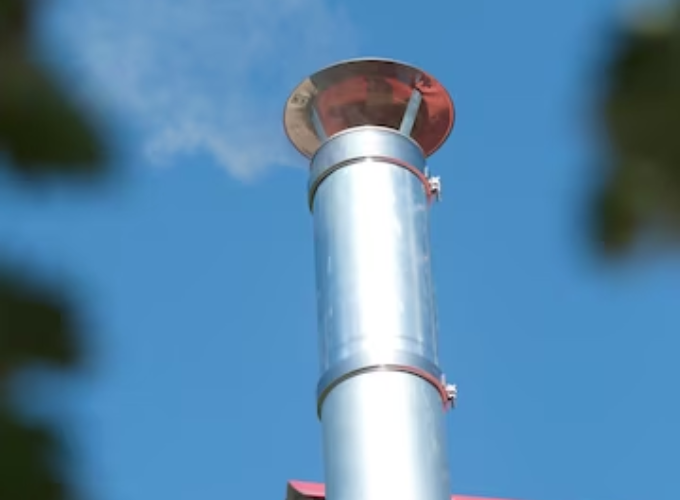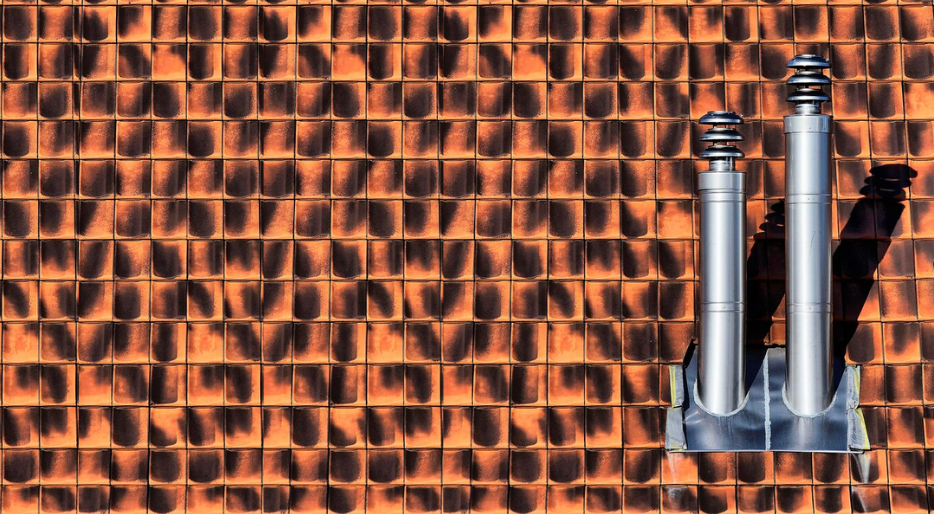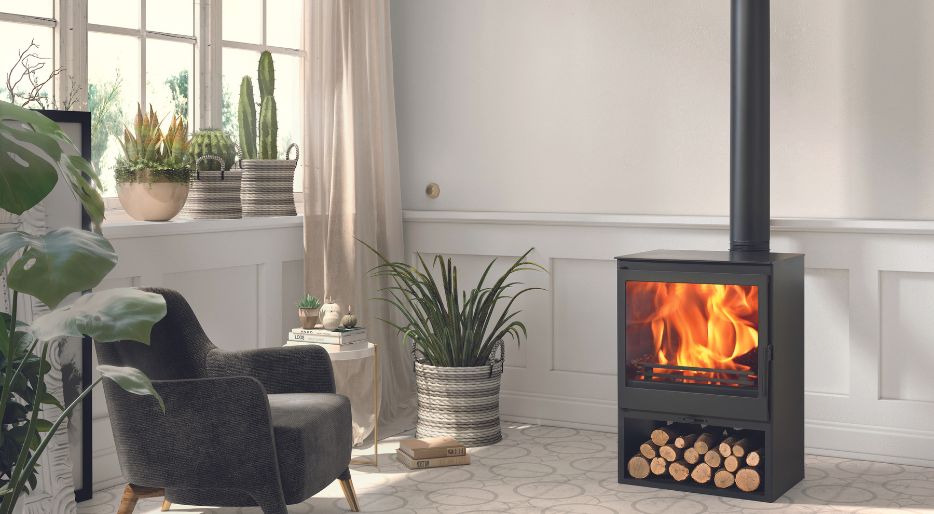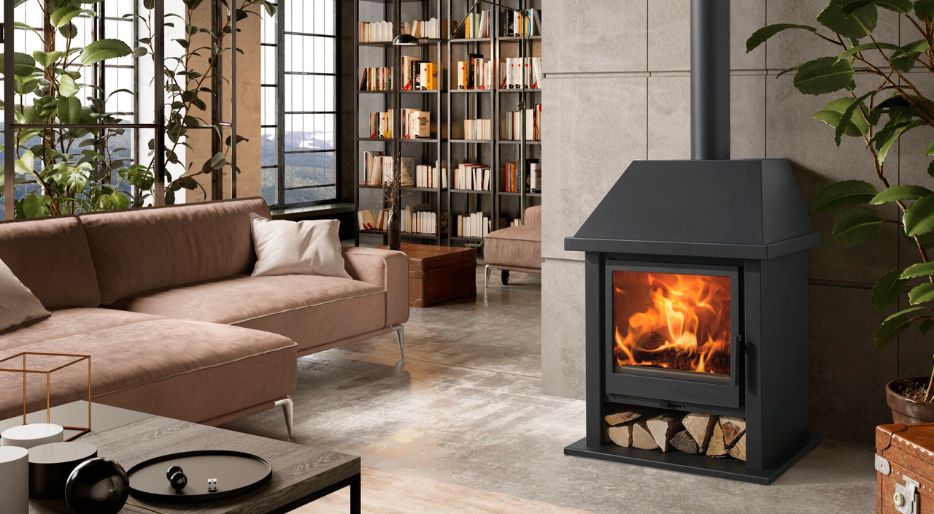Waterproofing the pipe of your wood stove is a fundamental practice to ensure its optimal performance and extend its lifespan. It’s not just about maintaining the aesthetics of your home, but also about ensuring that your investment in a high-quality wood-burning stove is protected over time.
Why is it crucial to waterproof the tube of your wood stove?
Waterproofing your stove pipe is not only a matter of aesthetics, but it plays a crucial role in preserving the efficiency and durability of your appliance. Exposed to inclement weather, the pipe can corrode over time, affecting both its performance and structural integrity.
The presence of moisture can lead to the formation of rust, reducing the efficiency of the stove and leading to potential safety issues. In addition, moisture can seep into surrounding walls, ceilings, and floors, causing additional damage and increasing repair costs in the long run.
Steps to waterproof the pipe of your wood stove
-
Initial Inspection
Before you begin the waterproofing process, perform a thorough inspection of the stove pipe to identify any cracks, fissures, or weak spots.
-
Choosing the Right Sealant
It uses a heat-resistant sealant specifically designed for use on wood-burning stoves. Make sure it’s able to withstand the high temperatures generated by the stove.
In this other blog we leave you a guide on sealing tubes
-
Cleaning the Tube
Before applying the sealant, make sure the tube is clean and dry. Removes any soot or dirt residue that may interfere with the sealant’s adhesion.
Here’s a blog on how to sweep properly
-
Applying the Sealant
Apply the sealant evenly over the surface of the tube. Be sure to cover all affected areas and pay special attention to joints and connections.
-
Proper drying
Allow the sealant to dry completely before turning the stove back on. This will ensure optimal adhesion and an effective moisture barrier.

Additional Recommendations
- Perform regular inspections to make sure the sealant is in good condition.
- Make sure water can’t get in, prevent it with an anti-plaster cap and an insulated double-walled tube.
- Consider installing a tube protector that provides an extra layer of protection.
- Refer to your stove manufacturer’s instructions for specific recommendations on maintenance and use.
By waterproofing your wood stove pipe, you are not only protecting your investment, but also ensuring a warm and safe environment in your home. Follow these simple steps to keep your stove in tip-top condition and enjoy the warmth it provides for many winters to come. Your comfort and safety are our priority!
In our blog you will find more tips on the installation and use of fireplaces and wood stoves. We encourage you to read our posts and consider purchasing one of our high quality wood stoves, we are sure you will not be disappointed!
Articles of interest:
- How to make a chimney pull well?
- What to put behind a wood-burning stove?
- Do you know how to install an insert in a masonry chimney?
- Safety rules for the use of a wood stove in your home
- Why doesn’t my wood stove heat?
Did you like this article? If so, help us spread it 😊 . Click on the buttons below here and feel free to share it on your social networks!
Thank you for reading!
↓ ↓ ↓ ↓





